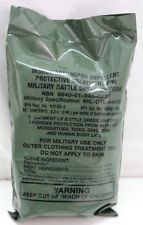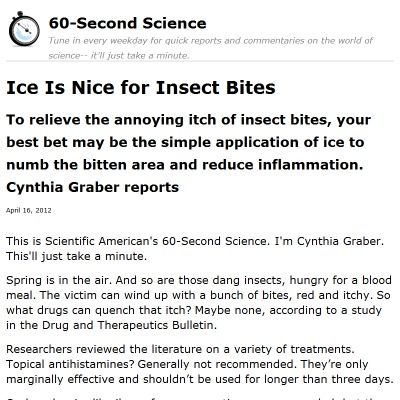
Insect Bites Treatment: A Comprehensive Guide
Dealing with insect bites can be an uncomfortable and sometimes painful experience. Whether you’ve been bitten by a mosquito, a bee, or any other insect, knowing how to treat these bites effectively is crucial. This article will provide you with a detailed and multi-dimensional guide on how to treat insect bites, ensuring you can soothe the discomfort and prevent any complications.
Understanding the Types of Insect Bites

Before diving into the treatment options, it’s essential to understand the different types of insect bites you might encounter. Here’s a brief overview:
| Insect | Description |
|---|---|
| Mosquitoes | Typically cause itchy, red bumps. Some mosquitoes can transmit diseases like West Nile virus and dengue fever. |
| Bees | Result in a stinging sensation followed by a red, swollen, and itchy bump. Bees can cause severe allergic reactions in some individuals. |
| Ants | Leave behind a burning sensation and a pustule. Some ants, like fire ants, can cause severe allergic reactions. |
| Spiders | Spider bites can range from mild to severe, with symptoms like redness, swelling, and pain. Some spider bites can be life-threatening, such as those from the black widow or brown recluse. |
Now that you have a basic understanding of the types of insect bites, let’s explore the treatment options.
Immediate First Aid

When you’re bitten by an insect, it’s crucial to take immediate action to minimize the discomfort and prevent infection. Here are some steps to follow:
-
Wash the bite area with soap and water to remove any dirt or bacteria.
-
Apply a cold compress to reduce swelling and numb the area. You can use a bag of ice wrapped in a cloth or a cold pack.
-
Remove any rings or jewelry from the affected area, as swelling can make them difficult to remove later.
-
Keep the bite area clean and dry to prevent infection.
Home Remedies for Insect Bites

There are several home remedies you can try to alleviate the discomfort and reduce swelling:
-
Apply a paste of baking soda and water to the bite area. This can help neutralize the venom and reduce itching.
-
Tea tree oil has antibacterial and antiseptic properties that can help soothe the bite and prevent infection.
-
Apple cider vinegar can be applied topically to reduce swelling and itching.
-
Aloe vera has cooling properties and can help soothe the skin. Apply fresh aloe vera gel directly to the bite area.
Over-the-Counter Treatments
For more severe insect bites, you may need to use over-the-counter (OTC) treatments. Here are some options:
-
Antihistamines: These can help reduce itching and swelling. Common OTC antihistamines include diphenhydramine (Benadryl) and cetirizine (Zyrtec).
-
Topical corticosteroids: These can be applied to the bite area to reduce inflammation and itching. Examples include hydrocortisone cream and prednisone cream.
-
Antiseptic ointments: These can help prevent infection. Examples include Neosporin and Polysporin.
When to Seek Medical Attention
In some cases, you may need to seek medical attention for an insect bite. Here are some situations where you should consider visiting a healthcare professional:
-
Severe allergic reactions: If you experience difficulty breathing, swelling of the throat, or a rapid heart rate, seek immediate medical attention.
-
Deep puncture wounds: If the







